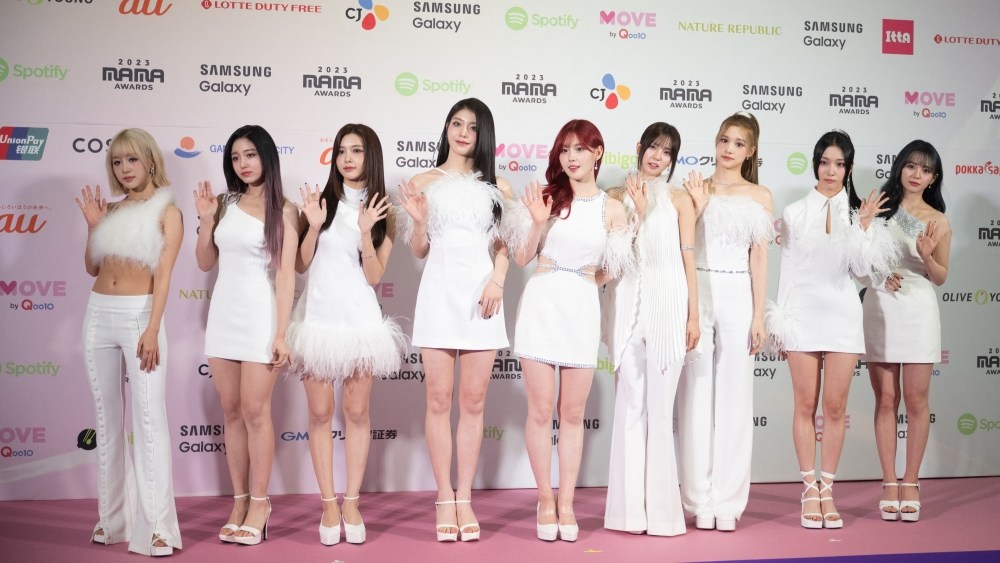The MAMA Awards, one of the biggest events in the K-pop calendar, has been reshaped to straddle two nights (Nov. 28 and 29) of performances and awards at the Tokyo Dome.
With acts including Enhypen, Kep1er, Tomorrow X Together, TVXQ, Ateez, Le Sserafim, Seventeen and Zerobaseone, the show is broadcast live on CJ ENM’s TV channels Mnet and tvN Show. It will also be livestreamed on CJ ENM’s YouTube channels: Mnet K-POP, Mnet TV, KCON official, and M2.
The show’s producer Lee Young Joo walked Variety through the revamped and rebranded event.
What’s new this year?
This year, there are a total of six stages, all fresh ones. First would be the concept stage, that features the essence of this year’s MAMA theme. The second would be ‘super stage’. It features collaboration performances by top tier artists. And the next one would be ‘mega stage’ with over 100 dancers and artists together. Number four is the Wonder stage, for Korean and overseas artists collaborating together on the stage. Five would be the cinematic stage, with film actors and the K-pop singers together. The last one would be the exclusive stage featuring CJ ENM IP.
What is the difference between day one and day two?
There are two days, we call them two chapters. The first is the fan-awards in ten different categories chosen by fans worldwide. Day two, chapter two, awards are given to the singers according to the genre category, recognizing their achievements and the performances throughout the past year. Chapter one, fan votes. Chapter two is based on album sales and also how the individual songs in the albums have performed.
The MAMA Awards used to take place in Hong Kong. Now it’s in Tokyo. When did it move? Why move to Tokyo?
Yes, so we used to call these the Mnet Asia Music Awards, giving the abbreviation MAMA. And at the time, Hong Kong was the centre of Asia. So, we used to host it in Hong Kong. But it was never meant to be exclusive and we’ve also had it in Singapore. Then, in 2017 we hosted in Japan, Korea and Hong Kong all simultaneously. After that we decided on Japan, to address the number two market for K-pop in terms of album sales. There are three dome stadiums in Japan, including the one in Nagoya (in 2019), Kyocera (Osaka in 2022) and, finally, we’ve reached the Tokyo Dome.
Does that mean that you have no plan to use the stadium that CJ is building on the outside of Seoul?
The construction is not yet completed. But when it is we will definitely think about it.
What are the tech advances being introduced at this year’s awards?
Typically, when you go to K-pop concerts fans come together to show their love for that group or that the singer. And they collaborate, to complement what’s happening on the stage, by waving the same fan lights, or cheering sticks together. But it’s difficult at this award ceremony because it is not just one group. There are many and it is not easy for the different fans to collectively complement the artists. So, we decided create 40,000 fan or light sticks. And even if you are a fan of only one specific artist, you can be united with everyone and synchronize the atmosphere. That’s because we can control those light sticks on every stage. We have a dedicated team for this.
We also have better AR [Augmented Reality] every year. We have 12 AR scenes this year. We are also using this technology called Neutron, which is similar to what is used in [Korean] election broadcasts.
And, I also wanted underline that all the shows on stages are live. It’s more enjoyable that way.
We often see cycles in entertainment, up and down. Where do you see the K-pop cycle at the moment?
The film industry in Korea is not doing very well because of you the emergence of OTT [streaming] and another platforms. But, K-pop has transformed itself. First, there are now more opportunities for direct interaction between the fans and the artists. Second, they’re consistently providing new content for the fans.
There are also very frequent opportunities for artists to meet their fans, offline at in-person events or concerts. But, even if artists are not directly meeting with their fans, their use of social media platforms to regularly share short videos and content enhances the connection with fans.
This direct communication and content delivery is not only creating deeper experiences, it also contributes to the continuous growth and global popularity of K-pop.
Also, one thing that may be unique to Korea, is that whenever there’s a new album released, the artists go out and work all the TV shows for two to three weeks. They sing their songs. They communicate with their fans like crazy. We see a lot of European and Asian fans come over to Korea to see these shows. The power of direct communication is really huge. And Korean acts are seeking international success and doing overseas tours to drive that.
I’m convinced that K-pop will be even more successful in the future. And that we are not very far from hosting the MAMA awards in the United States.

Korean-Canadian singer Jeon So-mi at the 2023 MAMA Awards.
Philip Fong, Getty Images.

